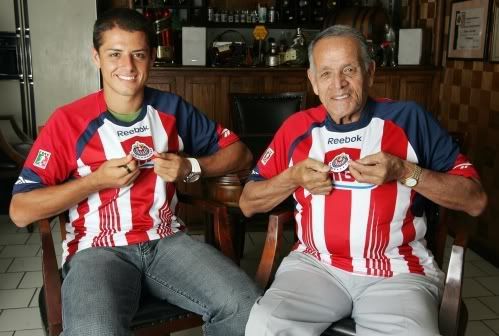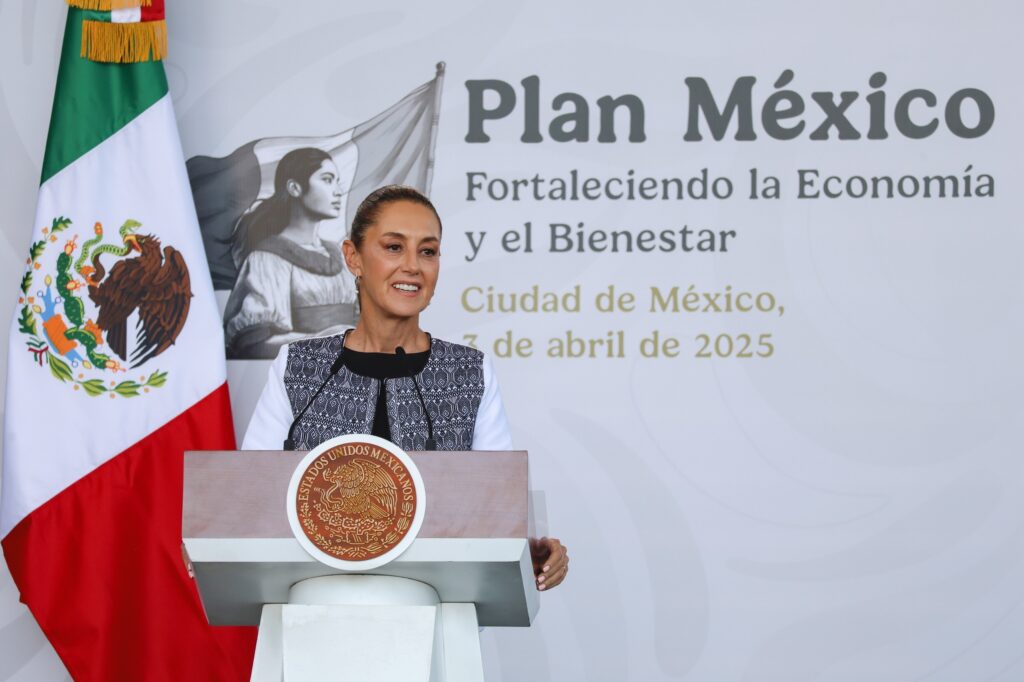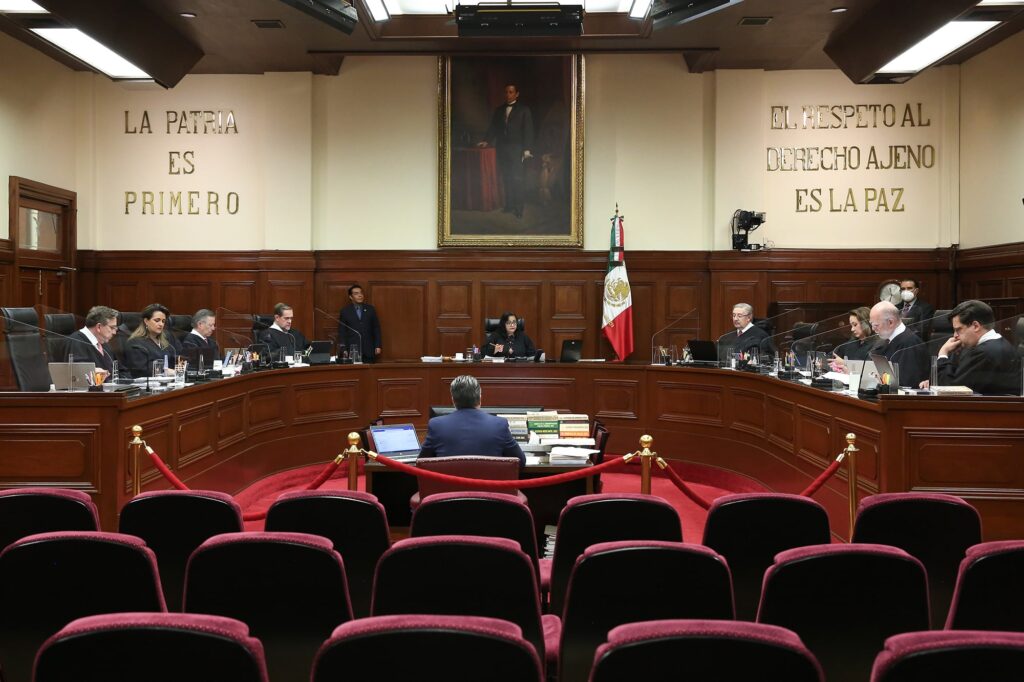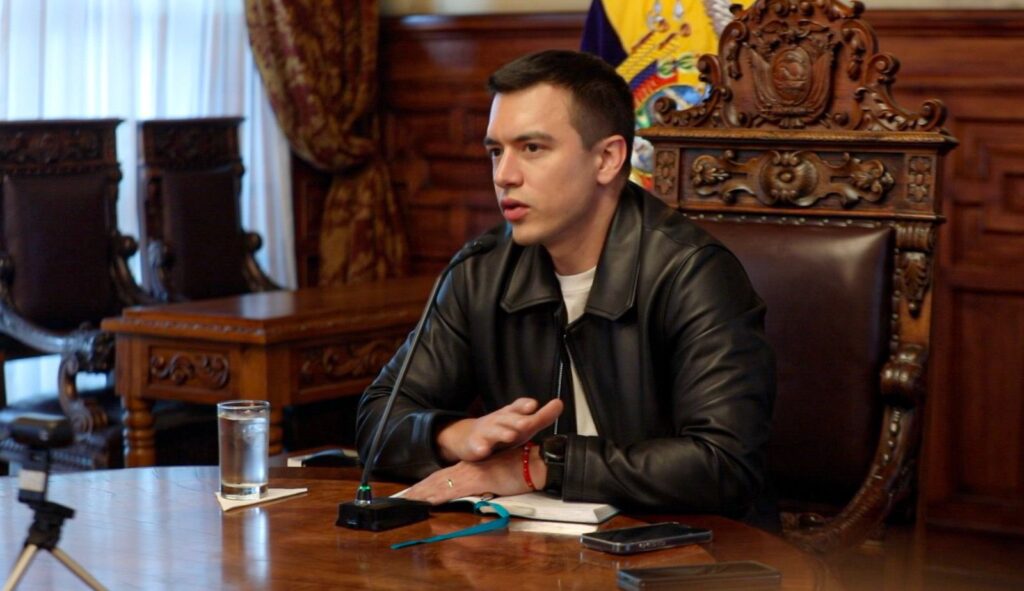Andrés Manuel López Obrador, also known by his initials AMLO, was born on November 13 1954 in the province of Tabasco, Mexico.
Born into a middle-class provincial family, López moved away to study political science and public administration at the highly-ranked National Autonomous University of Mexico in Mexico City.
His first foray into politics began in the long-ruling Institutional Revolutionary Party (PRI), and in 1983 he became the Tabasco state party president. However, he left the PRI to back the presidential campaign of Cuauhtémoc Cárdenas, who founded the Party of Democratic Revolution (PDR). However, Cárdenas lost to the PRI presidential candidate by the narrowest of margins in what is now regarded as one of the most blatant examples of electoral fraud, evidenced by ex-president Miguel de la Madrid’s autobiography released in 2004.
Despite Cárdenas’ defeat, López became the state president of the PRD party from 1996 to 1999. During the 1990s, López developed a positive reputation by organizing grassroots organisations against environmental damage in his home state of Tabasco, caused by state-owned petrol companies (PEMEX). He also stood firm against electoral fraud, and in his role as national president managed to recruit prominent members of the opposition PRI party into the PRD.
In 2000 he was elected the head of the Federal District government of Mexico City, which he served under the slogan: “For the good of all, the poor first.” His reputation remained generally clean, and he promoted a variety of innovative social and cultural programmes, improved urban redevelopment and transport infrastructure and created educational outreach programmes, causing widespread popularity.
However, this was marred by a spate of corruption scandals that implicated his close colleagues, although there were no accusations made against López himself.
He resigned from his post in 2005 in order to run as a presidential candidate for the PRD in 2006. For nearly a century, Mexico had bounced between presidents from the PRI and the National Action Party (PAN), but as the first polls came out López was far ahead of PAN candidate Felipe Calderón.
However, as the day of reckoning dawned, the results showed that López had missed his shot at president by a mere 0.56% of the vote. Supporters of the PRD leader took to the streets and demanded a recount, but a partial recount just confirmed the results. López had a public ceremony in Zócalo, Mexico City’s main square, declaring himself the legitimate president of a parallel government.
In 2012 he ran again for president for the PRD, but finished second to the PRI’s Enrique Peña Nieto. López accused Peña of violating the electoral law by overspending in his campaign and buying votes. The Federal Electoral Institute ordered a recount, but, just as six years before, López lost the election.
In 2014, the aspiring president became disillusioned with the PRD’s support of the PRI’s economic reforms, and in response created his own party; the National Regeneration Movement (Movimento Regeneracion Nacion, or MORENA). His long-standing stance as a populist and a nationalist helped him present himself as the height of integrity, standing firm against corruption and the North American Free Trade Agreement (NAFTA).
The 2018 presidential elections rolled around again, and López was standing tall as the candidate for his new MORENA party. It was third time lucky for the 64-year-old, who had a landslide victory and became the first president in nearly 90 years who wasn’t a member of the PRI or the PAN. The mass of people churning into Zócola square after his win described the new president-elect as “honest,” “tenacious,” and “of the people.”
His campaign was geared towards narrowing the country’s wealth gap, improving the lives of the poorest of the nation, eradicating the corruption endemic in the Mexican political sphere, and reducing violence.
Soon after his election, he released a document called “Plan 50” which detailed 50 points that the government will adhere to in order to reduce corruption and improve political transparency. One of the main points is a limit on the salary that government officials are allowed to receive, and López has shown himself as a flag-bearer in this issue as he will receive half the salary earned by his predecessor Peña.
His left-leaning tendencies and anti-corruption stance has placed him on a pedestal to which many Mexicans look to as a new chance for the country to leave its history of violence and political corruption behind











